Swine Influenza is a contagious respiratory disease affecting pigs and humans. Understanding its causes, symptoms, and prevention methods is essential to protect yourself and your family.
What are the main causes of swine influenza?
- Swine Influenza is primarily caused by influenza A viruses that naturally infect pigs and can sometimes jump to humans through close contact.
- Poor hygiene in pig farms increases the risk of virus transmission from infected animals to humans, making outbreaks more likely.
- Handling raw pork or contaminated surfaces without proper sanitation can expose humans to the virus, contributing to sporadic infections.
Key symptoms of swine influenza to watch for
- Fever, chills, and body aches often appear suddenly, signaling that the body is fighting off the viral infection.
- Respiratory symptoms such as cough, sore throat, and nasal congestion are common signs of swine influenza in humans.
- Fatigue, headaches, and general malaise may accompany the infection, making daily activities difficult and requiring medical attention.
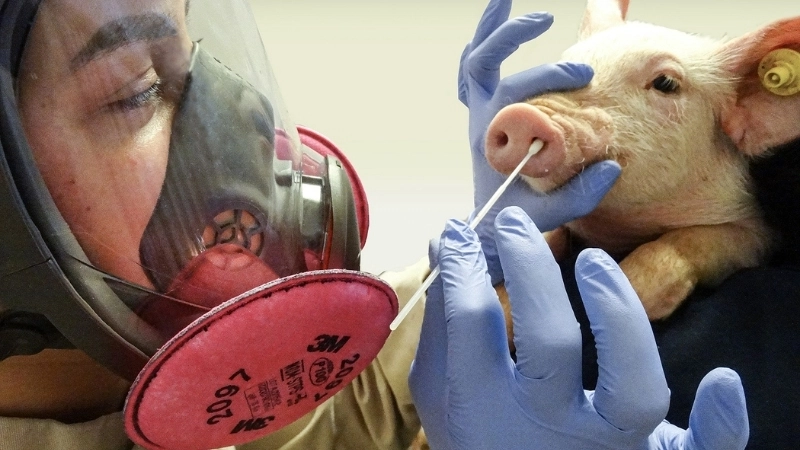
>>> Learn fully at: Common cold symptoms and how to treat them effectively
How can you prevent swine influenza effectively?
- Regular handwashing with soap and water, especially after contact with pigs or raw pork, significantly reduces virus transmission.
- Avoid close contact with pigs showing flu-like symptoms and ensure proper hygiene when visiting farms or markets.
- Annual influenza vaccination and following public health guidelines can help prevent swine influenza infections in high-risk areas.
>>> Learn fully at: Understanding human metapneumovirus (HMPV) infection risks
Image description of swine influenza
Swine Influenza is a contagious respiratory disease caused by influenza A viruses in pigs, occasionally affecting humans. It spreads through droplets, direct contact, and contaminated surfaces, requiring preventive measures.

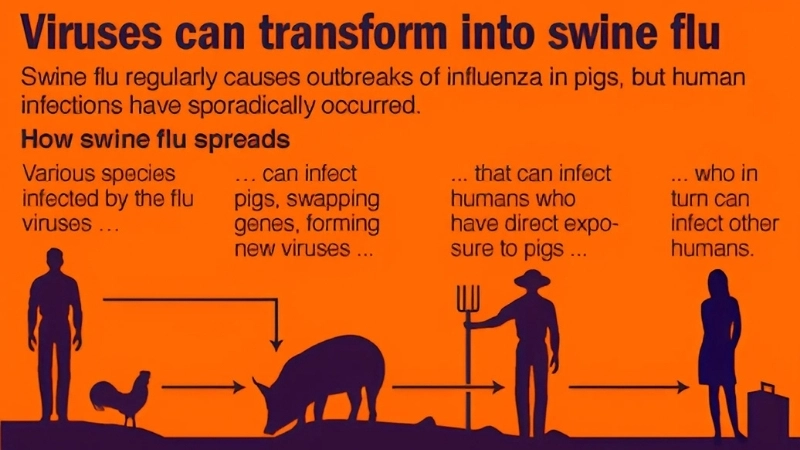
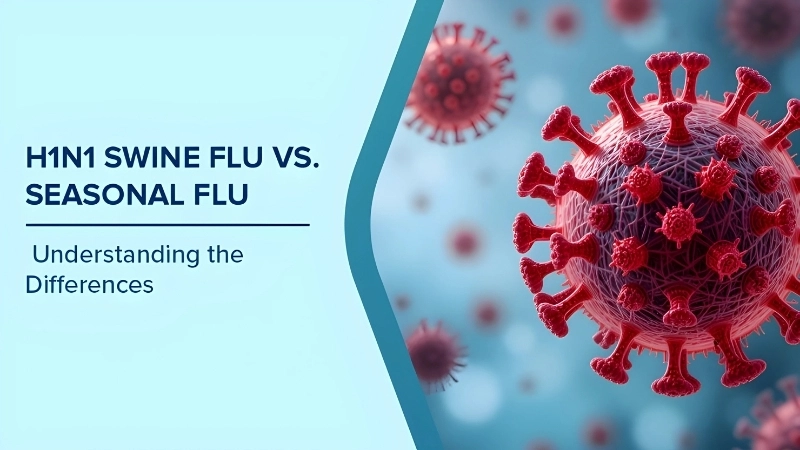
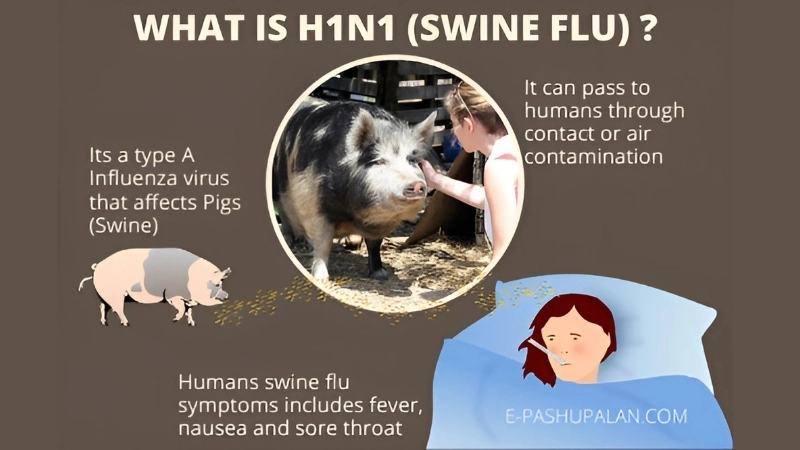

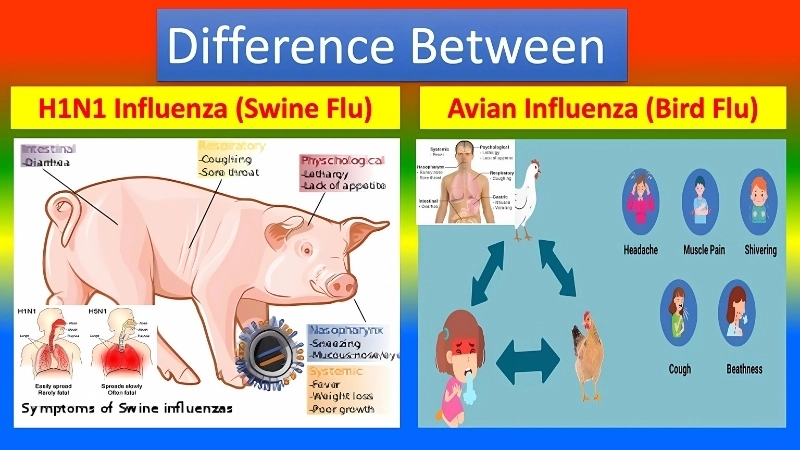
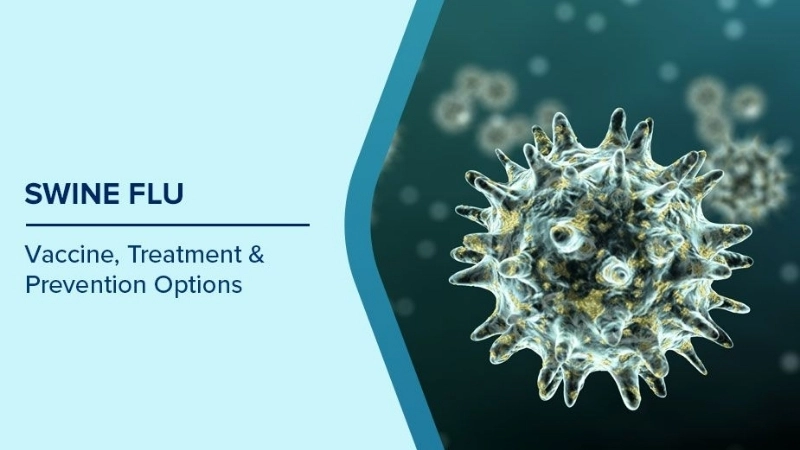

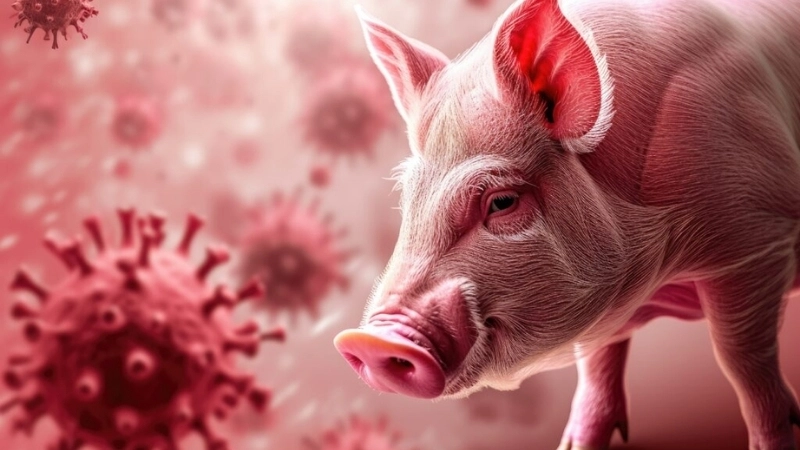
>>> Learn fully at: Understanding middle east respiratory syndrome (MERS) risks
Awareness and timely action are crucial in controlling Swine Influenza. Follow health guidelines, practice hygiene, and consult medical professionals to stay safe and prevent outbreaks.






